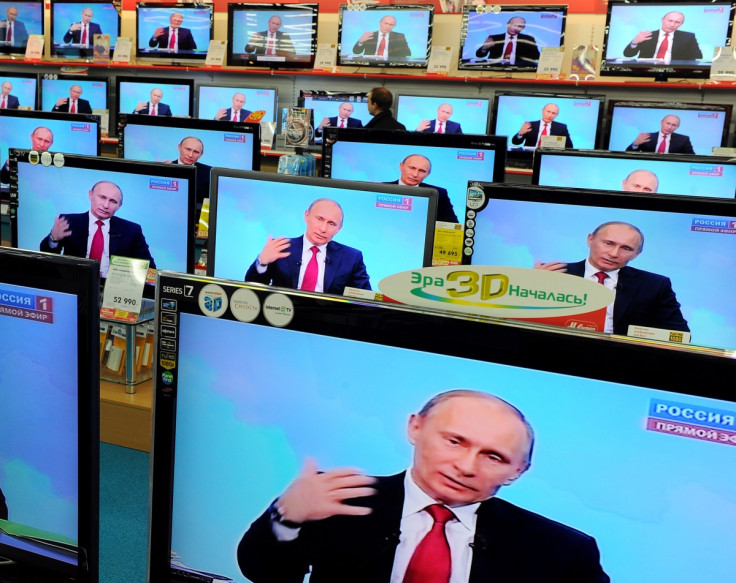Fears for independent media in Russia as fines for 'extremism' increase tenfold

Russian president Vladimir Putin has increased by tenfold the fines for media organisations found to have published "extremist" material, raising fears of a clampdown on Russia's few remaining independent media organisations.
The legislation, signed into law by Putin on Saturday (May 2) gives Russia's internet watchdog in conjunction with magistrates courts the power to fine news organisations up to 1 million rubles (£12,560, $19,000) for broadcasting material which might incite "terrorism or extremism".
Previously, fines were limited to up to 100,000 rubles.
A Russian media law specialist said that unclear legal definition of the terms "extremist" and "terrorist" left the laws open to abuse.
Media law specialist Andrei Richter in comments to The Moscow Times on Monday described the law as "open to abuse and arbitrary application".
In recent years, the Kremlin has boosted spending on state media and propaganda operations, and erected a series of legal obstacles for independent media, including restricting foreign ownership of news outlets.
Last year, the editor of independent Russian news site Lenta.ru site was replaced by a pro-Kremlin journalist after running a story featuring an interview with Dmytro Yarosh, leader of the Ukrainian ultranationalist paramilitary group Right Sector.
© Copyright IBTimes 2025. All rights reserved.






















